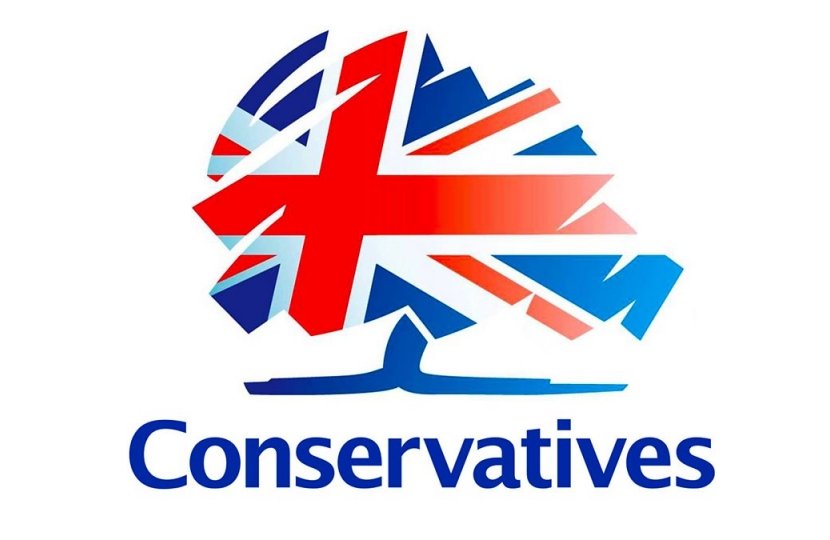
Last week, the Minister for Sport and Civil society published its strategy for tackling loneliness in England.
Loneliness is a pressing public health issue as studies show it is linked with early deaths numbered on par with smoking or obesity. It’s also linked to increased risk of coronary heart disease and stroke, depression, cognitive decline and an increased risk of Alzheimer's. It’s estimated that between 5% and 18% of UK adults feel lonely often or always.
In June it was announced that the Government will provide an additional £20 million of grant funding for work bringing communities together and tackling loneliness, £11.5 million of which is provided through the Government’s Building Connections Fund. The strategy sets out a powerful vision on how we can all play a role in building a more socially connected society and makes some important policy commitments.
The proposal aims to change the way that patients experiencing loneliness are treated by recognising that medical prescriptions alone cannot address the root causes of loneliness. As such, it will play a critical role in the prevention of ill-health which the Government have made a key priority in their long-term plan for the NHS. Local health care systems will implement social prescribing connector schemes across the country by 2023, encouraging health care professionals to refer patients to nearby support programmes that inspire friendships and reduce feelings of loneliness.
The strategy which takes action on the recommendations of the Jo Cox Commission also enables all parts of society to play their role. It includes supporting the development of business champions who will tackle loneliness in the workplace and tech companies who are addressing the challenges of isolation and bullying in cyberspace.
As part of the proposal, postal workers will check on lonely people during delivery rounds and will be encouraged to chat to isolated residents and encourage them to join local community groups. The scheme, which will first be tried out in Liverpool, New Malden in Kingston-upon-Thames and Whitby, could then be rolled out nationwide. The Government also announced an extra £1.8 million in funding to create new community cafes and gardens to encourage people to meet.
Rebecca Harris MP said “I am pleased that this strategy sets a vision for this country to be a place where we all have strong social relationships in which families, friends and communities support each other, and the human element of interactions are valued by all.”
In Castle Point, the Castle Point Association of Voluntary services run a befriending scheme which aims to reach people in the constituency who are feeling lonely. The scheme takes referrals from all GP surgeries and health professionals working in Castle Point and provides companionship and someone to talk to on a regular basis for the most isolated members of our community. Volunteers encourage their clients to attend local groups or clubs to help them integrate into the community through helping individuals to grow in confidence and self-esteem.
More information on Castle Point Association of Voluntary Services can be found at http://www.castlepointavs.org.uk/.